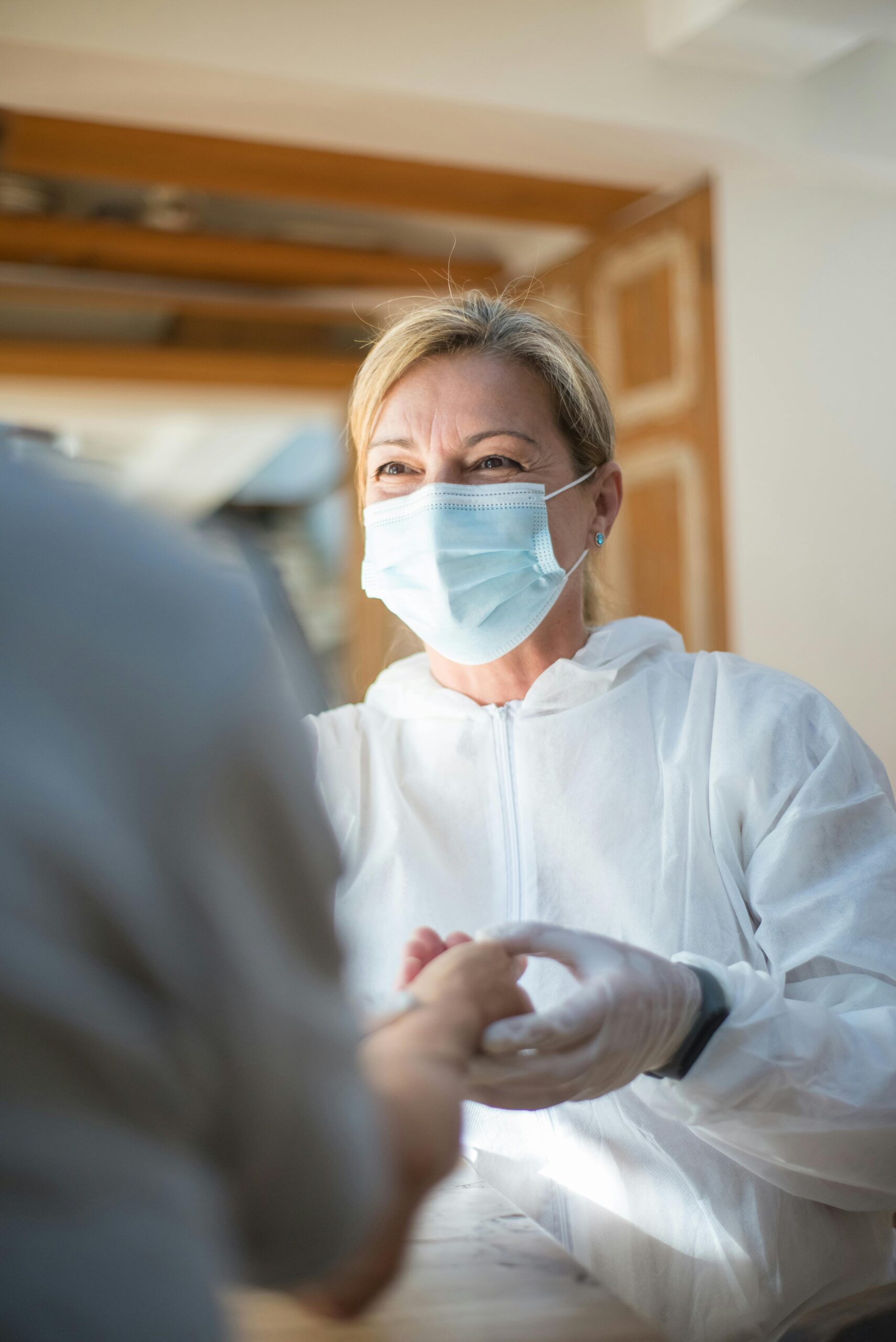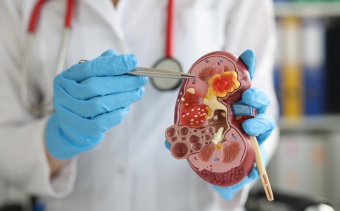Start with the serving size
- Look here for both the serving size (the amount for one serving) and the number of servings in the package.
- Compare your portion size (the amount you actually eat) to the serving size listed on the panel. If the serving size is one cup and you eat
two cups, you are getting twice the calories, fat and other nutrients listed on the label.
Check Out the Total Calories and Fat
Find out how many calories are in a single serving and the number of calories from fat. It’s
smart to cut back on calories and fat if you are watching your weight.
Let the Percent Daily Values Be Your Guide
Use percent Daily Values (DV) to help evaluate how a particular food fits into your daily meal plan:
- Daily Values are average levels of nutrients for a person eating 2,000 calories a day. A food item with a 5 percent DV of fat provides 5 percent of the total fat that a person consuming 2,000 calories a day should eat.
- Percent DV are for the entire day, not just one meal or snack
- You may need more or less than 2,000 calories per day. For some nutrients you may need more or less than 100 percent DV.
The High and Low of Daily Values
- 5 percent or less is low. Aim low in total fat, saturated fat, trans fat, cholesterol and sodium.
- 20 percent or more is high. Aim high in vitamins, minerals and fiber.
Fat, Cholesterol and Sodium
Eating less fat, cholesterol and sodium may help reduce your risk for heart disease, high blood
pressure and cancer
- Total fat includes saturated, polyunsaturated, monounsaturated and trans fat. Limit to 100 percent DV or less per day.
- Saturated fat and trans fat are linked to an increased risk of heart disease.
- High levels of sodium can add up to high blood pressure.
- Remember to aim for low percentage DV of these nutrients.
Get Enough Vitamins, Minerals and Fiber
- Eat more fiber, vitamins A and C, calcium and iron to maintain good health and help reduce your risk of certain health problems such as osteoporosis and anemia.
- Choose more fruits and vegetables to get more of these nutrients.
- Remember to aim high for percentage DV of these nutrients.
Additional Nutrients
You know about fat and calories, but it is important to also know the additional nutrients on the Nutrition Facts Panel.
- Protein: Most Americans eat more protein than they need, so a percentage Daily Value is not required on the label. Eat moderate portions of lean meat, poultry, fish, eggs, low-fat milk, yogurt and cheese, plus beans, peanut butter and nuts.
- Carbohydrates: There are three types of carbohydrates: sugars, starches and fiber. Eat whole-grain breads, cereals, rice and pasta plus fruits and vegetables
- Sugars: Simple carbohydrates or sugars occur naturally in foods such as fruit juice (fructose) or come from refined sources such as table sugar (sucrose) or corn syrup.
Check the Ingredient List
Foods with more than one ingredient must have an ingredient list on the label. Ingredients are listed in descending order by weight. Those in
the largest amounts are listed first. This information is particularly helpful to individuals with food sensitivities, those who wish to avoid pork or
shellfish or limit added sugars or people who prefer vegetarian eating.










